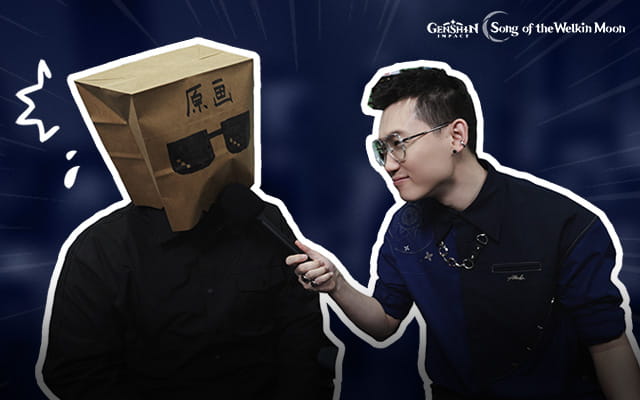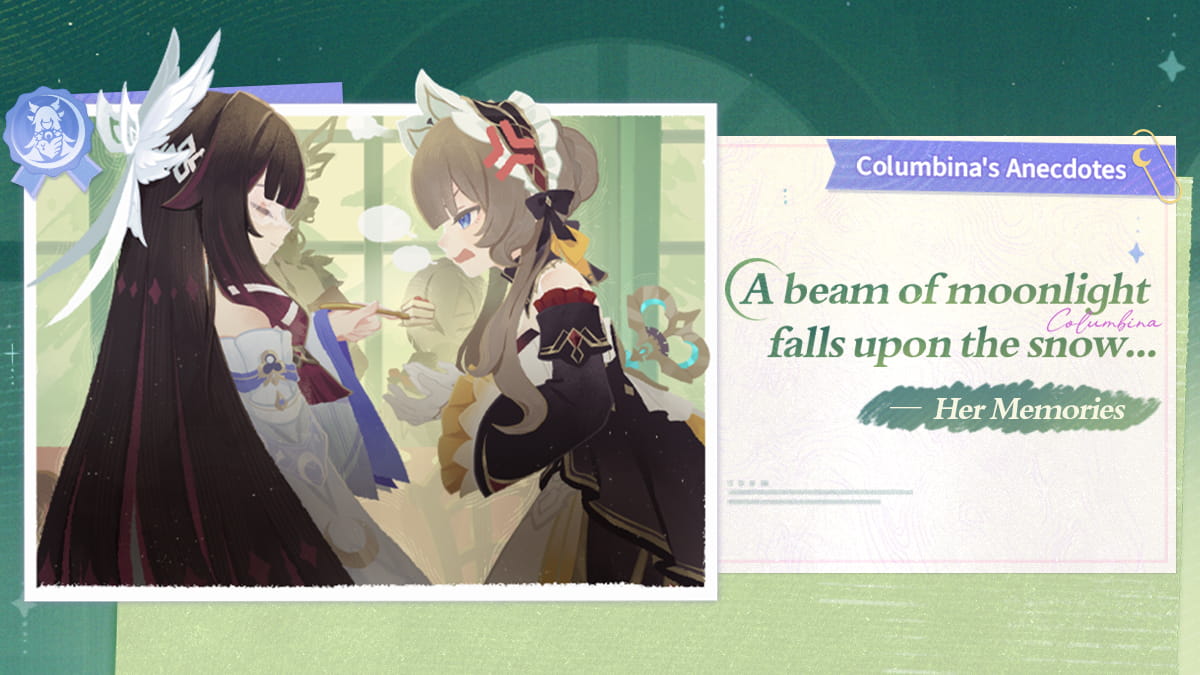
Read more on Columbina's Anecdotes — Her Memories.
Read more on Columbina’s Anecdotes — Her Memories.
At the northern edge of Nod-Krai stands the foremost front line. The Wild Hunt is closing in. But the glow from the sacred pillar has awakened the very will of the land itself, and the grass and the trees are now soldiers, as all things rise in a mighty roar, ready to defend their homeland…
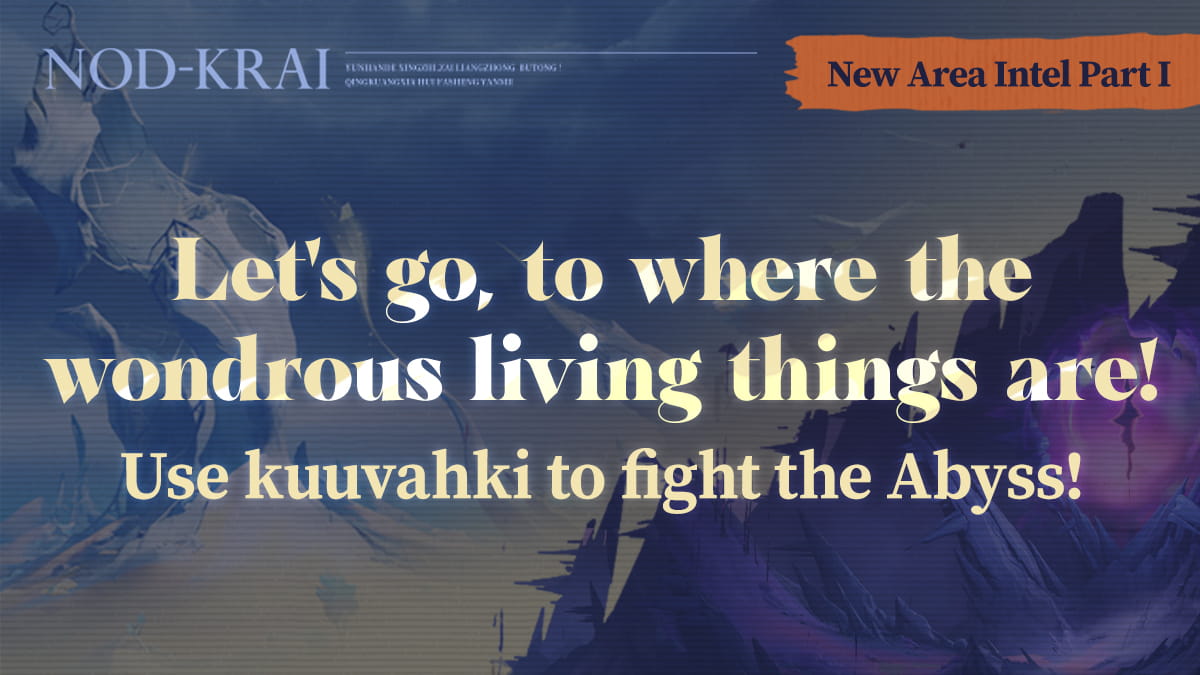
She used to spend a lot of time learning how to interact with people and go about life in this world.

Night frost clings to her wings, rousing her from a sweet dream.
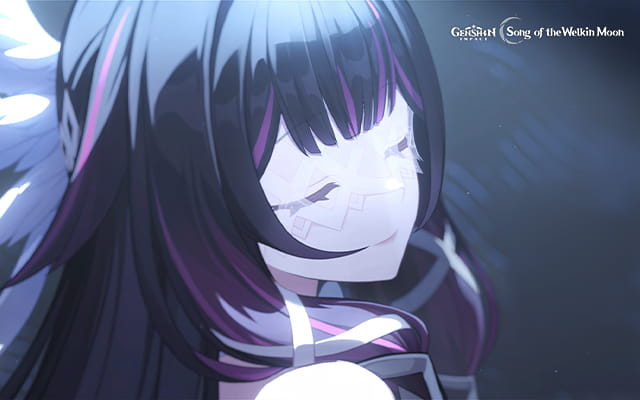
Hello, Traveler! Columbina’s skill showcase is here. Let’s take a closer look together! The Character Event Wish “Somnias a Luna” will be available on January 14 after the Version Luna IV update, and “Welkin Moon’s Homecoming” Columbina (Hydro) will receive a huge drop-rate boost!

Hello, Traveler! Today, we want to introduce to you a brand-new Lunar reaction: the Lunar-Crystallize reaction. Come, let’s take a look~

Hi Traveler~ Neuvillette’s new outfit “Melusent Gift” will be available after the Version “Luna IV” update!
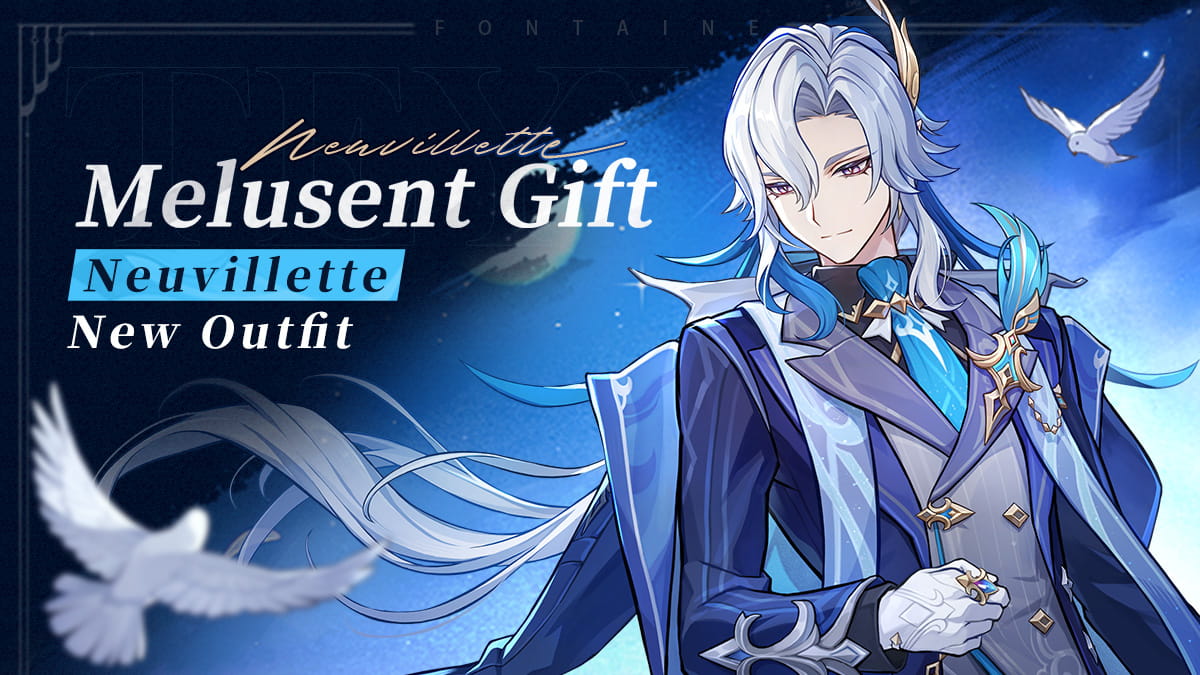
Winter conceals the flowers and buds, yet bestows rare, tranquil nights.

Sleep, sleep now, my dear little dove…
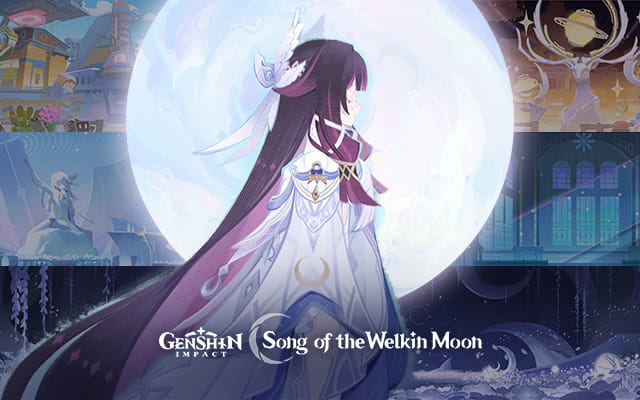
How were the characters in Version “Luna IV” designed? What interesting behind-the-scenes stories occurred during the creation process? Let’s visit the Genshin Impact project team and find out more!
